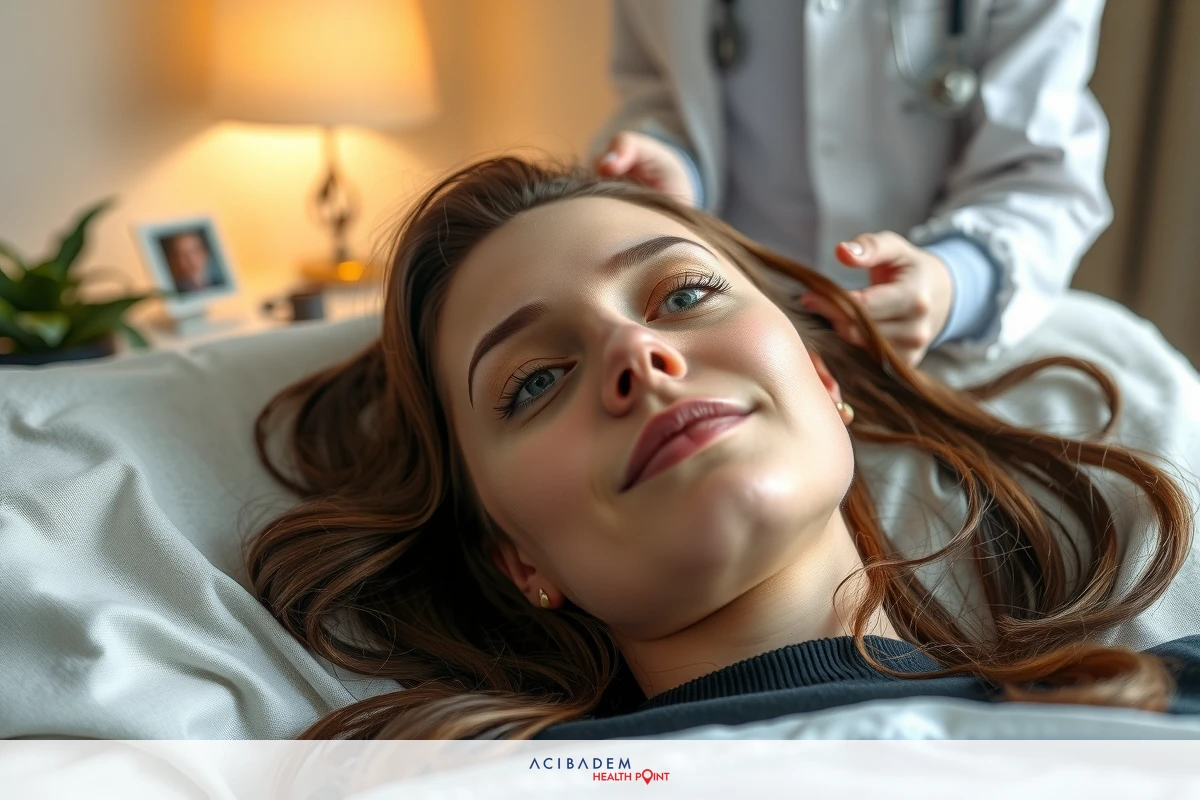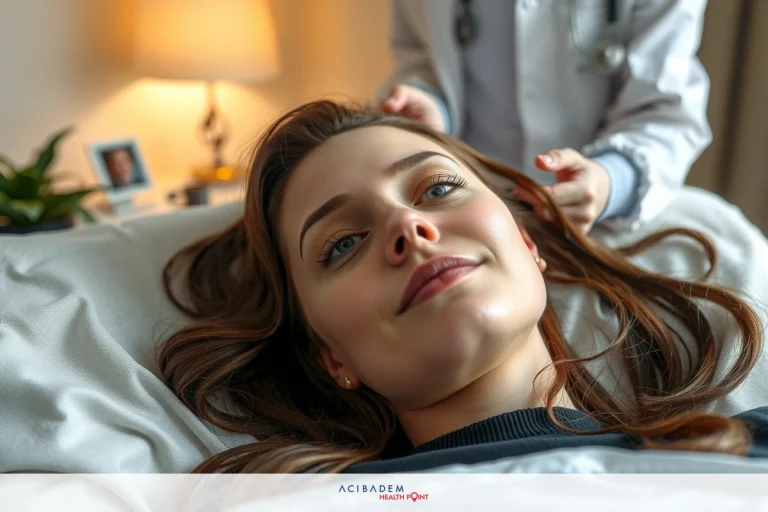Can I Touch My Nose After Rhinoplasty?
Can I Touch My Nose After Rhinoplasty? Rhinoplasty, often referred to as a ‘nose job,’ is a prevalent cosmetic enhancement. One of the most frequently asked questions post-surgery is about touching the nose. It’s understandable as the nose is a central feature of our face and we often touch it subconsciously throughout the day.
While it might seem like a simple action, touching your nose after rhinoplasty needs to be approached with caution. The healing process after such an operation can be delicate, and any unnecessary contact could potentially impact the results. The proper care procedures after rhinoplasty is crucial to ensure a successful recovery and optimal results.
Immediate Post-Operative Period
In the immediate post-operative period after rhinoplasty, it’s essential to minimize any contact with your nose. This is a crucial time when your body starts the healing process and any unnecessary touch can potentially disrupt this. After a rhinoplasty procedure, the tissues of your nose are delicate, and even minor disturbances could lead to complications. Therefore, you should avoid touching, scratching, rubbing, or bumping your nose during this period.
One common precaution to take during this time is to ensure that you wash your hands thoroughly before cleaning or applying medication to the area as instructed by your surgeon. This is necessary to prevent introducing any bacteria that could potentially cause an infection. In addition, you should also avoid wearing glasses or sunglasses directly on your nose as the weight can interfere with the healing process. Instead, consider using cheek rests or tape to hold them up if necessary.
When you sleep, make sure not to rest your face on the pillow as this can put pressure on your nose. Sleeping on your back with your head slightly elevated can help reduce swelling and discomfort. As part of postoperative precautions, it’s also recommended not to blow your nose for at least two weeks after rhinoplasty. If you need to sneeze, try to do so with your mouth open to minimize pressure on your nose.
Remember that these precautions are not meant to scare you but rather guide you in ensuring a smooth recovery period after rhinoplasty. Taking care of yourself in the immediate post-operative period contributes to achieving the desired results from your nose surgery. It’s all part of taking a proactive role in your health and recovery.
Healing Process
The healing process after rhinoplasty plays a notable role in determining when it becomes safe to touch your nose. Initially, the nose is very delicate and sensitive due to the surgical manipulations it has undergone. During this period, any form of touch or pressure can cause discomfort, or even worse, interfere with the desired outcome of the surgery.
In the first few weeks following a rhinoplasty, your nose would likely be swollen and bruised. This is a normal part of the healing process. To help reduce swelling, it’s recommended to use a cold compress around (but not on) your nose. It’s also important to keep your head elevated as much as possible during these initial weeks. As the swelling subsides, you might feel tempted to touch your nose – but remember that the structures within are still healing.
Around four weeks after surgery, most of the important swelling will have subsided, and your nose will start to look more like its new shape. This doesn’t mean that the healing process is complete though – it continues for up to a year post-surgery at a more subtle level. While you might not notice these changes, they are still happening, and it’s crucial to continue handling your nose with care.

As for when it’s generally safe to touch your nose again after rhinoplasty, it’s best to follow your surgeon’s advice. Typically, light touch is acceptable after a few weeks once the major swelling has subsided. Any pressure or force should be avoided until your surgeon gives you the approval. Remember, everyone heals at a different pace so don’t compare your progress with others – focus on your own journey towards recovery and results.
Consult Your Surgeon
While general advice can be helpful, nothing replaces the personalized guidance that your own surgeon can provide about touching your nose after rhinoplasty. After all, every surgery is unique and so is every recovery process. Your surgeon understands the specifics of your procedure and would be able to provide the most accurate advice based on the techniques used, your individual healing progress, and your personal health history.
It’s important to maintain an open line of communication with your surgeon throughout the entire healing process. If you are unsure about something or if there is a sudden change in how your nose feels or looks, it’s always best to consult your surgeon immediately. No question is too small or too trivial when it comes to your wellbeing. Remember, your surgeon is not just there to perform the operation but also to guide you through the recovery.
When you do consult with them, make sure you understand their instructions clearly. Don’t hesitate to ask for clarification if something isn’t clear or if you’re unsure about what you need to do. Also, ensure that you follow their advice diligently. While it may seem inconvenient at times, remember that these instructions are designed to ensure a successful outcome from your rhinoplasty. Ultimately, taking care of yourself postsurgery is as crucial as the surgery itself in achieving the aesthetic changes you desire.
Frequently Asked Questions
When can I start touching my nose after rhinoplasty?
It's important to follow your surgeon's guidance on when it is safe to touch your nose after rhinoplasty. Typically, light touch is acceptable after a few weeks once the major swelling has subsided. Any pressure or force should be avoided until your surgeon gives you the approval.
Can I clean my nose after rhinoplasty?
Yes, you can clean your nose after rhinoplasty. Your surgeon will provide you with specific instructions on how to do this properly to avoid any complications. It's important to wash your hands thoroughly before cleaning the area and use gentle techniques as directed by your surgeon.
Is it normal for my nose to feel numb after rhinoplasty?
Yes, it is normal for your nose to feel numb or have reduced sensation after rhinoplasty. This is due to the surgical manipulation of the nerves in the area. Sensation usually returns gradually as the healing process progresses, but it can take several months for full sensation to return.











